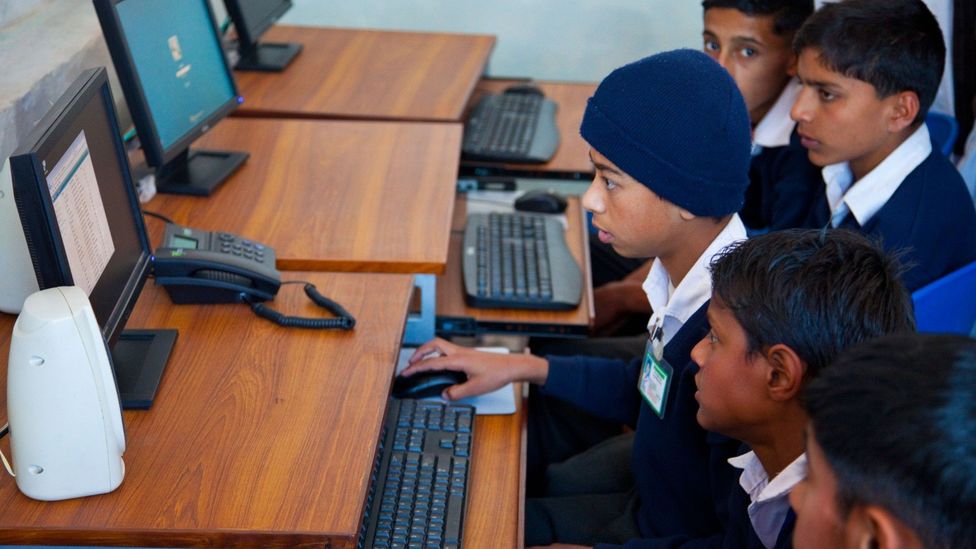Matriculation is considered to be the most crucial stage or turning point of the life of a student. Any educational choice the student makes regarding subject selection directly affects his future.
We discuss various factors that are responsible for the student’s loss of interest in science after choosing it in matriculation and intermediate.
Student’s interest in certain subjects is influenced by certain factors. For example self-efficiency, self competency, quality of the institute ( includes teaching methodology, environment, resources), economic status of parents and literacy background of the family.

“Mental Pressure” from family
Before entering into the four board exam struggles, students have to pass grade 8. This is when they start listening to the horrible stories and advices of elders.
Students have to work hard to prepare for the coming ‘life changing years’. Brighter students mostly stay sober and indulge in their studies as they usually do. The rest (and majority) of the students have to go through a mental trauma. Yes! They are constantly exposed to family members and even people out of the family reminding them of the importance of the coming exams and how they “must” perform good.
Children of this age group are somehow made to believe that there is no future for them if they fail to achieve certain target.
Children are essentially “brain washed” to behave in a certain way. Families in most of Pakistan also make sure that their children choose “Science” instead of what they are naturally inclined to. For some this might work but for the most it doesn’t. Students who aren’t qualified enough or not interested in Science adapt rote learning which eventually affect their learning and careers as well as the quality of science graduates overall.

Subject selected, what next?
This is when the journey of boredom actually starts. This is particularly true for science subjects.
When students select science subjects, especially Physics, they are curious about many things. They want to answers the mysteries of the universe. They look for the practical applications of what they study. While on these levels, science can be quite boring. A person who chooses Physics to read about blackholes and the fascinating details of the cosmos will not be intrigued by two pages long calculations to find out tension in a string hanging from a wire crossing two pulleys.
Quite-often, this fascination is short-lived as they face difficulty in understanding concepts in classrooms, specially those who don’t have educational background.
This leads to rote learning which is devoid of any real joy and as a consequence most students drift away from the subject.
Following are a few of the root causes of this unfortunate situation of science students in Pakistan .
- Lack of practical work.
- Lack of “implementation” of concepts.
- No visualization of complex structures and systems, as theories just go bounce off the mind.
- Most impacting and major reason of shattered motivation, sometimes teachers don’t pay heed on giving overall CONCEPT of topic and they just go like reading and translating pages
- Sometimes teachers don’t know how to motivate students for their subjects
Just teaching from textbooks doesn’t excite a student’s mind. They usually have the same experience in the so called “laboratory classes” too . Students always need energetic lectures, explanations of concepts in easy ways and their relation or implications in practical life. Students have to refer to youtube videos to understand things that they are supposed to learn at schools. Our education system is in such a state that a 10 minute video on Youtube does more than an hour long lecture at the school.
What we have discussed above is true for a big chunk of students in our society. Maybe a percentage of privileged students who study in better schools don’t agree to this. But for an average Pakistani teenager all this is true.
Science and particularly physics is a highly conceptual subject. It is full of amazing things that helps connect one directly with nature and the universe. But at the end of their matriculation or F.Sc. most of those who had chosen science are fed up.
Research reference:
A research study was done on science students in Pakistan. It was published in International Journal of Business and Social Science in 2011. It involved 40 students whose results were tracked over a period of 3 years i.e. from class 8 to 10. The study concluded that the students in grade 8 and grade 9 performed equally in General Science, Chemistry and Physics. While in Biology students performed better in grade -8 as compared to grade-9. Over all students performance declined in grade 10 in all the science subjects.
![]()

M.Sc Physics from International Islamic University, Islamabad





So true… A big reality and realization for both our educational system and families. A voice of my heart.
Can i get an actual research article of the above research or DOI of the article?
Hello sir, This is an opinion piece. The thoughts expressed belong to the author only. You can find the link to the reference study by clicking on the blue text in the last paragraph.